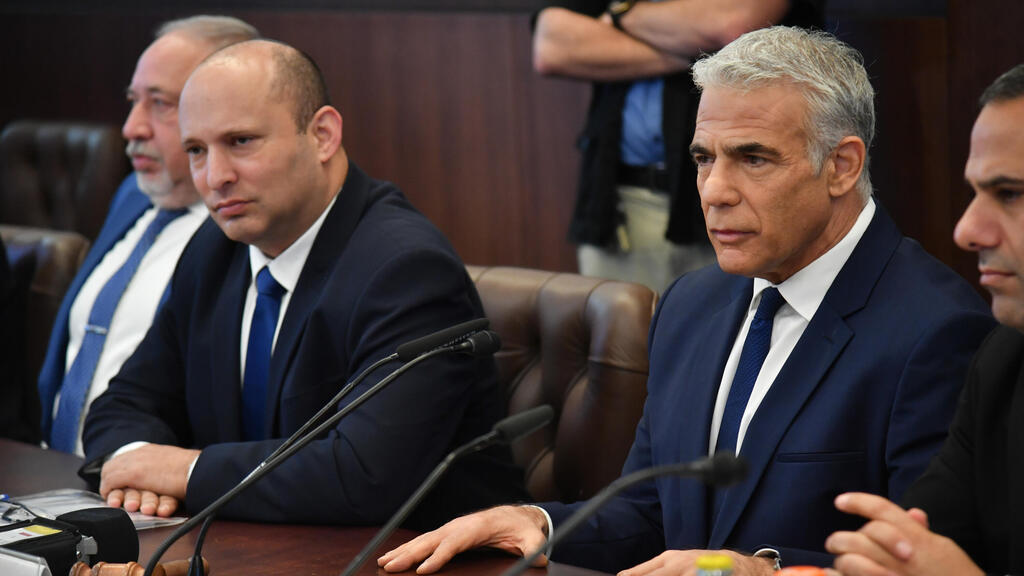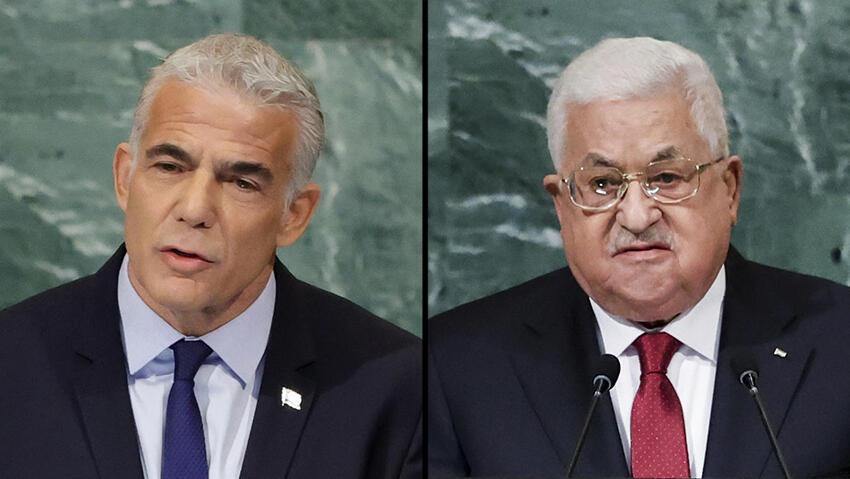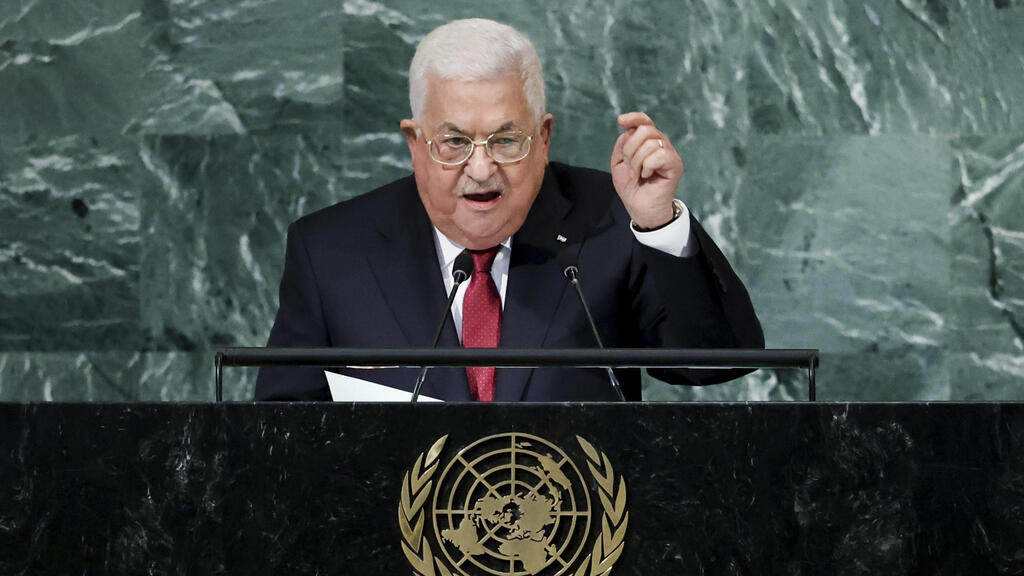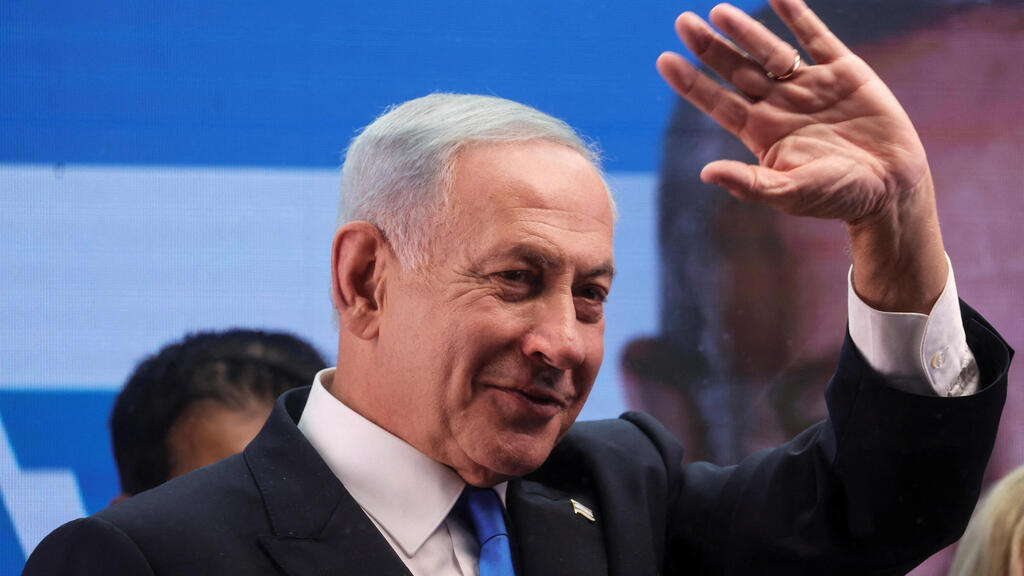Israel braces for yet another election on November 1 – its fifth in less than four years. And as elections approach, the relationship with the Palestinians has rarely been tenser, with escalating violence in the West Bank front and center.
Huneida Ghanem, director of Madar Center for Israeli Studies, said that the Palestinian Authority is keeping a close eye on the Israeli election.
"On the official level, there is a state of anxiety about the rise of the extreme right and the far right, which may lead in the direction of steps toward annexation and firing a bullet of mercy at the two-state solution.”
However, Ghanem admits that Palestinians don’t expect much to come out of the Israeli elections.
“The sense is that they feel they have tried multiple Israeli governments in several years, from the Netanyahu government to the center, and in the end, things did not differ much. On the contrary, in the last year under the centrist government, the opposition to [former Prime Minister Benjamin] Netanyahu was the bloodiest,” says Ghanem.
With the continued escalation in the West Bank and a lack of movement on the political front between Palestinians and Israelis, political analyst Esmat Mansour says people have little hope that this next round of elections will produce any meaningful change.
“There is a real indifference to the Israeli election, first because it has been repeated five times in the past few years. And there is also a feeling that nothing will change, especially since we have seen what a so-called political-change government has done. We witnessed an escalation.”
4 View gallery


Prime Minister Yair Lapid (left) and Alternate Prime Minister Naftali Bennett
(Photo: Yoav Dudkevitch)
Not everyone, though, thinks Palestinians are ambivalent about Israeli elections and who will win.
“I do not agree that there is a state of indifference, because the change in Israeli policy leads to a change in the lives of the Palestinians.” Ramallah-based political analyst Fares Sarfandi said.
Whatever the Palestinian street’s low expectations, the question is who the leadership in Ramallah prefers to see win.
“The answer to this question is found in the number of meetings in the past months between members of [Israeli Prime Minister Yair] Lapid’s government with the Palestinian leadership, and in the complete absence of [such meetings under] the Netanyahu government,” says Sarfandi.
In the past, Palestinians have pinned their hope on moderate parties coming to power, but many have lost faith.
U.S.-brokered peace talks have been stalled since 2014 and hope for their revival with a new Israeli government, Palestinians say, is slim.
Many Palestinians believe that despite the election’s results, nothing will change for them.
They believe that when it comes to the Palestinian issue, Israeli politicians are shifting to the right, while the policies of all parties remain largely the same.
Under such circumstances, they see no chance to reach an accord.
Mounir Al Jagob, head of Fatah’s Information Department in the Office of Mobilization and Organization, said that Israeli society is shifting to the right, making reaching a resolution to the conflict an impossible task.
“Since the start of the peace process until now, the Israelis say that the next elections will lead to a political breakthrough and that the leadership of the new government will restore negotiations with the Palestinians. Unfortunately, things are going in the direction of the extreme right in Israel.”
Netanyahu is eyeing a return to power, and the current prime minister and Yesh Atid party leader, Lapid, who has backed a two-state solution with an independent Palestinian state alongside Israel, is hoping to keep his post. But few Palestinians believe Lapid can make a dent in the stalled peace process.
“In the end, the Palestinians want the least bad and the least evil. There are no high expectations from a government headed by Lapid or [Defense Minister and National Unity party leader Benny] Gantz. But they see that any government headed by Netanyahu, especially if it relies on the extreme right-wing fascists in Israel, will take decisive steps to appease the extremists,” says Ghanem.
Palestinians say their faith in a political solution has evaporated, which explains the reason for their disregard for the elections next door.




